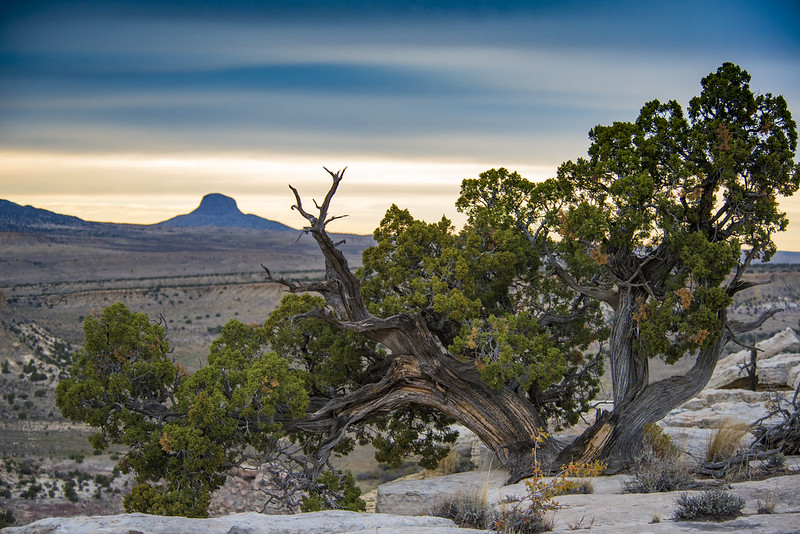Aldo Leopold Wilderness Research Institute develops new strategic plan and science charter

In 2021, through a collaborative ground-up engagement process, the Aldo Leopold Wilderness Research Institute developed a new strategic plan and science charter that addresses high priority wilderness research needs identified by partners and wilderness stakeholders. This strategic plan lays out a research program that embodies ALWRI’s mission to advance wilderness stewardship through transformational science. A science charter, technically called a “Research Work Unit Description”, is how research stations within the USDA Forest Service Research and Development Branch, such as Rocky Mountain Research Station, formalize their mission-driven programs of research. Rocky Mountain Research Station is the administering organization for the Aldo Leopold Wilderness Research Institute and strives to update its science charters roughly every 10 years.
With the goal of developing a robust inclusive program of research, ALWRI engaged a broad wilderness community, nationally and internationally, to gather diverse perspectives regarding priorities for the next ten years of wilderness stewardship research. Over 175 respondents from USFS, BLM, FWS, NPS, Tribes, University, and other stakeholders helped identify research needs. Analyzing their responses helped ALWRI understand myriad wilderness research priorities. Five public workshops were then conducted to share preliminary results and to learn more about the nuances and context within partner priorities. The resulting science charter is founded on the intersection of ALWRI’s expertise and capacity and the highest priorities from this inclusive partner engagement.
Over the next decade, the following Research Priority Areas will form the basis of the Institute’s research and are linked to each other through interrelated research questions.
- Biodiversity Conservation: Develop an understanding of the values, opportunities, and challenges for wilderness to support biodiversity conservation in an era of unprecedented change.
- Climate Change and Disturbance: Improve knowledge about the impacts and consequences of climate change and climate-disturbance interactions, including wildland fire, relevant to wilderness stewardship.
- Stewardship Effectiveness: Examine the effects and effectiveness of wilderness stewardship decisions, including the potential for and effects of management interventions.
- Relevance and Inclusivity: Expand our understanding of wilderness relevance, experiences, inclusivity, and use amid social-ecological change.
- Shared Stewardship: Improve our understanding of co-production approaches and abilities to harmonize multiple knowledge systems toward more inclusive wilderness stewardship.
The full charter and strategic plan, signed in April of 2022.